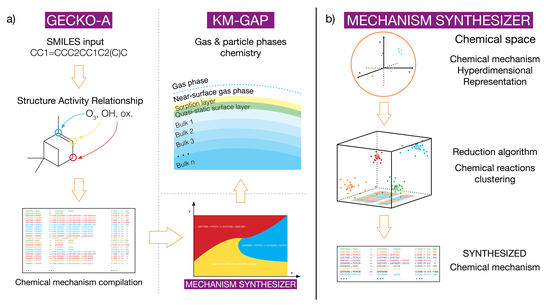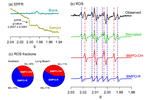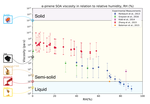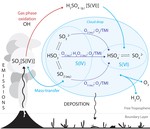Tommaso Galeazzo
Postdoctoral Research Scholar
Department of Chemistry, UC Irvine
About
I am a third year Postdoctoral Scholar in Physical chemistry and cheminformatics at AirUCI at the University of California - Irvine (UCI). My primary research interests are algorithms, artificial intelligence, data modelling, and their applications to real world problems. I work with Prof. Manabu Shiraiwa at the intersection of atmospheric chemistry, artificial intelligence and Natural Language Processing (NLP). Currently I am developing APIs that predict physicochemical properties of atmospheric chemical species. I also work as a data scientist, developing predictive models for the private sector and startups.
Before joining UCI, I obtained a Ph.D. in Applied physical chemistry from Sorbonne University in Paris while on residence at the Institut Pierre-Simon Laplace (IPSL). During my Ph.D. I have developed a subpackage of a community software that simulates physicochemical reactions in the gas phase. Prior to my Ph.D., I pursued a MSc. degree in Physical Chemistry from the University of Copenhagen, where I worked on computational chemistry and statistical thermodynamics applied to atmospheric chemistry under the supervision of Prof. Matthew S. Johnson.
Interests
- Atmospheric Chemistry
- Chemical Kinetics
- Artificial Intelligence
Education
PhD. in Atmospheric Sciences, 2018
Sorbonne University
MSc. in Physical Chemistry, 2014
University of Copenhagen
BSc. in Chemistry, 2011
University of Padua






